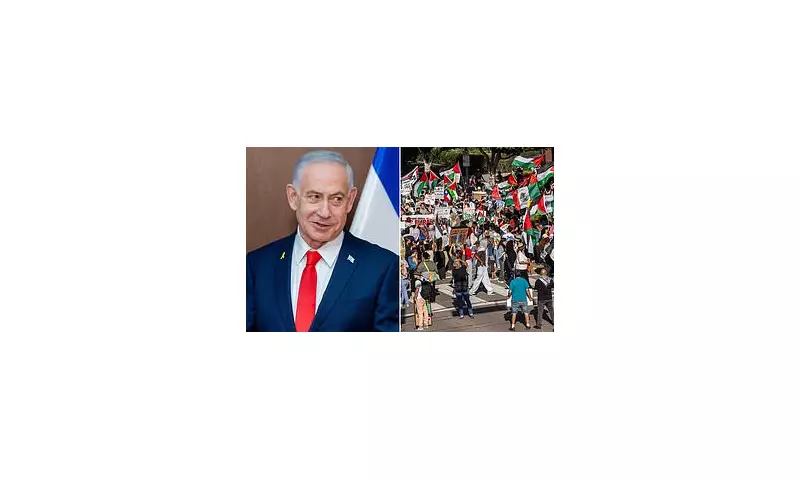
In what could signal a profound political shift, a traditionally Jewish community in Michigan finds itself at the centre of America's complex religious and cultural landscape. The city stands on the cusp of making history by potentially electing its first Muslim mayor, even as reports of anti-Semitic incidents show a worrying increase nationwide.
A Community at a Crossroads
The electoral contest has brought underlying tensions to the surface, revealing what some observers describe as a disturbing streak of anti-Semitism running through American society. The situation presents a paradox: a community with deep Jewish roots considering groundbreaking political representation while confronting rising religious prejudice.
Disturbing National Trend
Across the United States, Jewish organisations have documented an alarming rise in anti-Semitic incidents, ranging from verbal harassment to physical attacks and vandalism. This troubling pattern emerges against the backdrop of a potentially transformative local election that challenges traditional demographic expectations.
The Political Landscape
The mayoral candidate, Mohamed Mamdani, has campaigned on platforms of unity and inclusive governance. However, the election has become a lightning rod for broader discussions about religious tolerance, community identity, and the changing face of American politics.
Broader Implications
Political analysts suggest this Michigan contest reflects larger national conversations about diversity, representation, and religious coexistence. The outcome could signal how American communities are navigating increasingly complex demographic realities while confronting persistent social challenges.
As election day approaches, residents find themselves balancing historic political opportunity against concerns about protecting community heritage and addressing genuine security worries. The situation underscores how local politics often mirrors national tensions, with this Midwestern city becoming an unexpected battleground for America's ongoing struggle with religious tolerance and identity politics.





